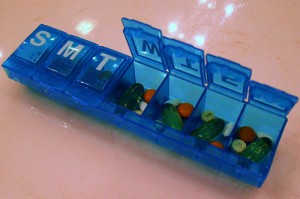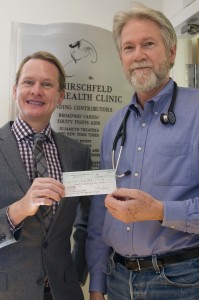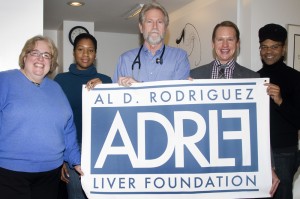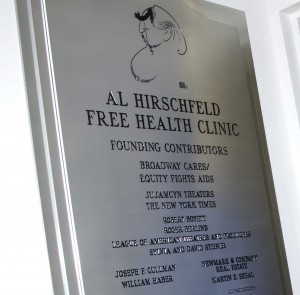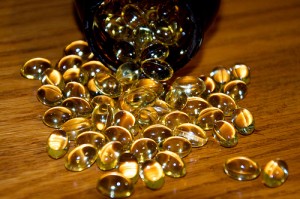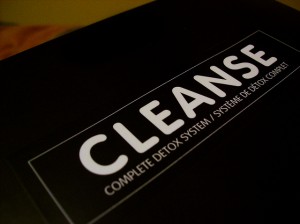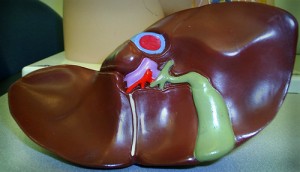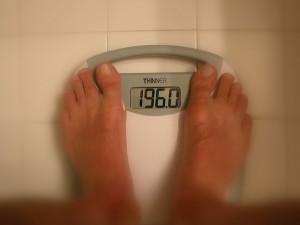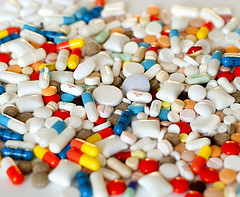
Medicate responsible to take care of your liver
Taking care of our liver is a daily pursuit. While it may easily slip our mind, medications, may they be over-the-counter, prescribed, dietary or nutritional supplements, are substances that will require a lot of work for the liver. If not careful, popping those pills could actually bring you more harm than good.
More and more people are taking medications and supplements to control persistent medical conditions. Modern medicine evolves everyday giving people immediate to long-term relief. However, there has also been a considerable increase in drug-related side-effects, including liver damage, especially from taking two or more drugs at a time.
Children and seniors are most at risk of medication-related problems. Children are particularly sensitive, and should be given the precise dosage of medicine as indicated by a physician. As we age, our organ systems slow down, and by the age of 65, our body’s capacity to process medicine and other substances significantly decreases, resulting in adverse reactions to certain drugs. A recent U.S. study reports that more than 20 percent of seniors are using medication that is unsafe for their age.
For young and old alike, managing medication is a responsibility that must be taken seriously. People living with multiple health conditions are more vulnerable to develop a potential negative reaction from taking medication regimens with multiple medicines. Multiple drugs should only be administered with a doctor’s specific instructions on dosage amounts and medication procedure. Be thorough – the same way you gained knowledge by talking with your physician about an illness, talk with the pharmacist about the medication. And don’t forget to read the tiny fonts on the drug label. So before popping today’s set of pills, go over your medicine cabinet to make sure that you are medicating responsibly.








